Rajshahi, July 6 (V7N) – Despite being in the peak rice harvest season, rice prices in Rajshahi have surged sharply, causing hardship for buyers. Over the past three weeks, retail prices of fine rice have increased by Tk 5 to 10 per kilogram, while coarse rice prices have risen by Tk 4 to 8 per kilogram. Rice mill owners attribute the price hike to the rising cost of paddy, forcing them to raise rice prices accordingly. Retailers also report that since Eid, the price of rice bags has increased by nearly Tk 300.
On July 4, rice was observed selling at elevated prices across various markets in Rajshahi city, a trend ongoing for three weeks. At the wholesale level, Miniket rice, previously priced at Tk 70-72 per kg before Eid-ul-Azha, now sells at Tk 80-84 per kg. Ataash rice has risen from Tk 53-54 per kg to Tk 60-65 per kg, while Najirshail rice prices have climbed from Tk 77-80 per kg to Tk 80-85 per kg. Retail prices exceed wholesale prices by Tk 2-5 per kg.
The rising rice prices during the harvest season have put significant pressure on the general population, especially low-income groups. Many feel government intervention is necessary to address the situation. Vendors explain that the increase in paddy prices compels them to buy rice at higher costs, leading to price hikes. They also mention that rice prices traditionally rise after Eid due to increased demand and reduced supply.
Several consumers expressed concern about the soaring prices. Rahim Ali stated, "If we have to pay this much for rice, how will we manage other expenses? Buying just 2 kg of rice costs Tk 150, which is difficult for us." Rais Uddin added, "People like us with fixed incomes struggle, and neither the government nor traders seem to understand our plight. Due to price hikes, I now buy less rice."
Sahedul Islam, a rice trader in Saheb Bazar, explained, "We have no control over price increases as we purchase rice at wholesale rates and sell with minimal profit. The rice mill owners can better explain the price rise." Another trader, Shahin Ali from Nowdapara, alleged, "A syndicate is working behind the scenes to increase rice prices artificially."
Rice mill owners confirm that rising paddy prices have forced them to raise rice prices. Saiful Ali, a trader from Nowhata Municipality in Paba Upazila, said, "We buy paddy and process it into rice. Although it’s harvest season, paddy prices remain high. Farmers, expecting better prices later, are holding back their stocks. Large companies have also hoarded paddy, causing supply shortages and price increases."
Shahidul Islam, a paddy wholesaler from Damanash Bazar in Bagmara Upazila, added, "Even though it is harvest season, paddy imports are low. Those with capital are hoarding paddy, hoping to sell at higher prices later. Many farmers are delaying sales expecting better returns, creating an artificial shortage that pushes rice prices up."
Attempts to contact Rafiqul Islam, president of the Rajshahi Rice Mill Owners Association, were unsuccessful as he cited illness and promised a later response.
Meanwhile, vegetable prices remain stable. Potatoes sell at Tk 20-25 per kg, onions at Tk 50-55 per kg, ginger at Tk 120-140 per kg, garlic at Tk 160-180 per kg, pointed gourd at Tk 25-30 per kg, ridge gourd at Tk 25-30 per kg, bitter gourd at Tk 80-90 per kg, bottle gourd at Tk 35-40 per kg, cucumber at Tk 40-60 per kg, and green chili at Tk 110-120 per kg.
Eggs, chicken, and fish prices have slightly decreased compared to last week due to improved supply. Broiler chicken sells at Tk 150-160 per kg, while Sonali chicken is priced at Tk 280 per kg, up from Tk 250-260 last week. Farm eggs are available at Tk 120-125 per dozen.
Overall, rising rice prices amid the harvest season are causing financial strain on low-income families in Rajshahi, underscoring the urgent need for government measures to stabilize the market and protect vulnerable consumers.
END/MRA/SMA/



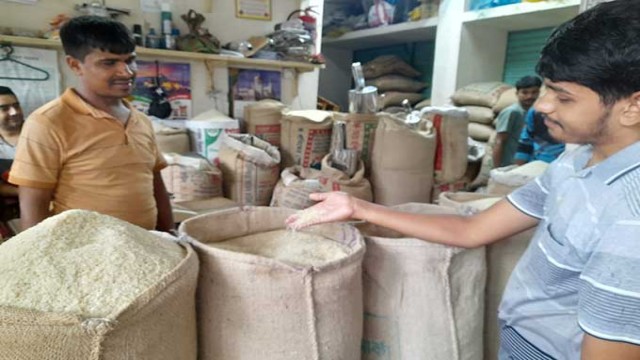
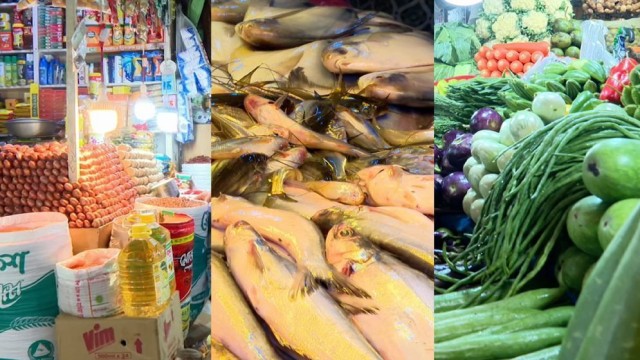



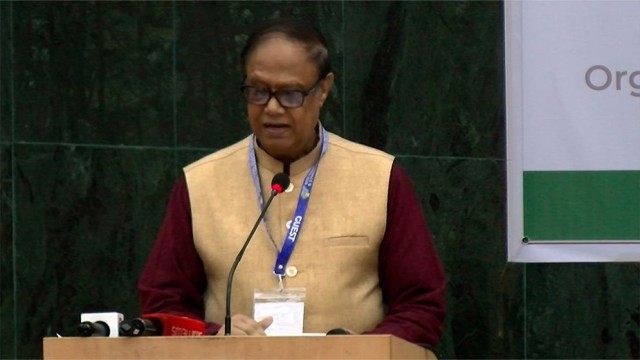



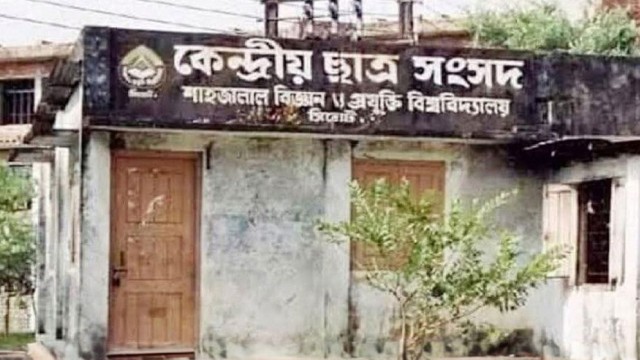



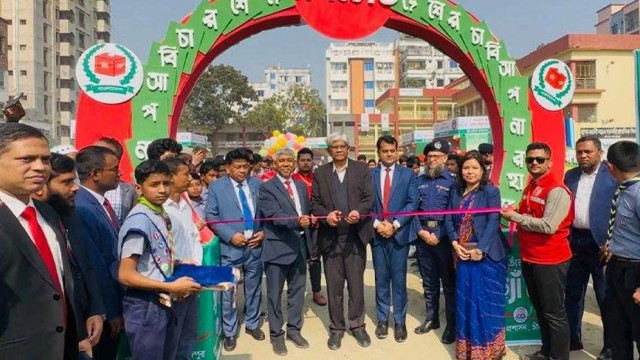


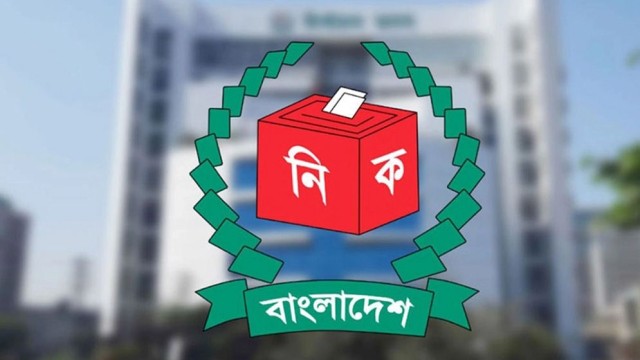


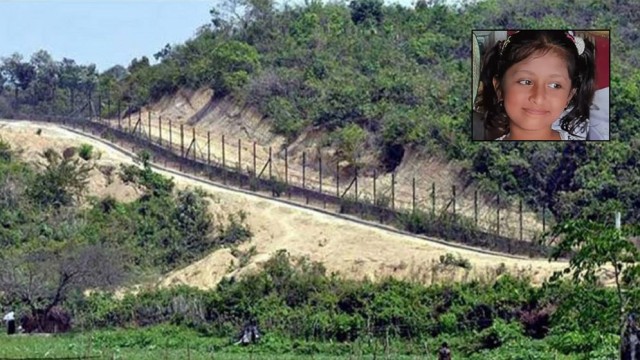








Comment: